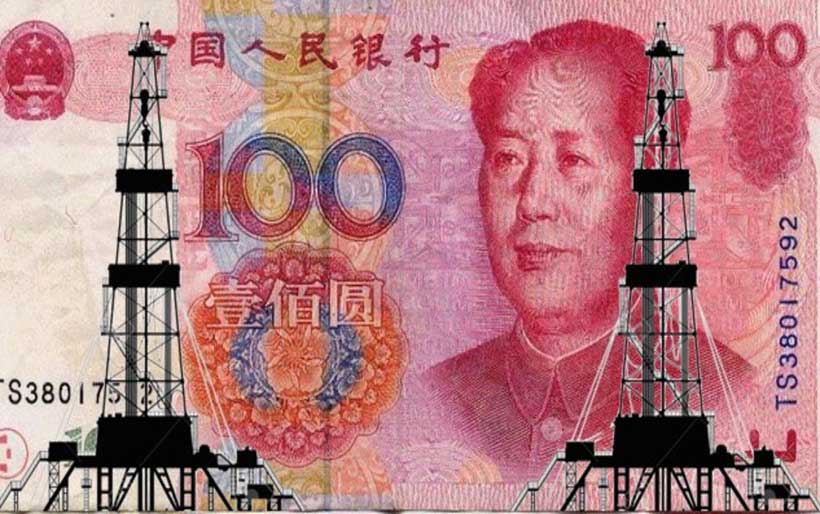The Xi-Putin agreement, signed in 2014, aimed to promote trade and investment between China and Russia using their own currencies, the yuan, and the roble, respectively. This move challenged the dominance of the US dollar in international trade and finance. The recent 2023 meeting between Presidents Xi and Putin further strengthened the partnership between China and Russia and raised concerns for the US as the two countries increase cooperation and trade using their own currencies.
Saudi Arabia’s shift towards selling oil in yuan is another significant development in the de-dollarization of the world economy. In 2023, Saudi Crown Prince Mohammed bin Salman and Chinese President Xi Jinping agreed to increase cooperation on energy and trade, including Saudi Arabia selling oil to China in yuan. Saudi Arabia, the world’s largest oil exporter, has traditionally sold oil in US dollars. However, this shift could further reduce the dominance of the US dollar in international trade and finance, particularly in the oil market.
The de-dollarization of the world economy could have significant implications for China and other countries. As the world’s second-largest economy, China has been pushing for a more multipolar currency system to reduce its dependence on the US dollar. If more countries start to adopt alternative currencies for trade and investment, it could benefit China by reducing the need for it to hold large amounts of US dollars in its foreign exchange reserves. This could also lead to the internationalization of the yuan and give China greater influence in the global financial system.
However, the de-dollarization trend could also create challenges for other countries, particularly those with weaker currencies. If the US dollar loses its dominance in international trade and finance, it could lead to greater volatility in currency markets and make it more difficult for some countries to conduct international transactions. This could also lead to greater competition among alternative currencies, which could be a source of instability in the global financial system.
The impact on the US economy is also an important consideration. The dominance of the US dollar in international trade and finance has given the US significant economic power and has allowed it to exert influence over other countries through sanctions and other economic tools. If the de-dollarization trend continues, it could undermine this power and make it more difficult for the US to achieve its foreign policy goals. However, some experts argue that the impact on the US economy may be limited, as the US has other strengths, such as its technological innovation and its large consumer market.
In conclusion, the Xi-Putin agreement, Saudi Arabia’s shift towards selling oil in yuan, and recent developments have accelerated the de-dollarization of the world economy. While this shift may have positive implications for some countries, it also raises concerns about the impact on American sanctions on countries like Iran and North Korea. It could also create challenges for other countries and lead to greater volatility in currency markets. The impact on the US economy is an important consideration, as the dominance of the US dollar has given the US significant economic power. As the world moves towards a more multipolar currency system, it remains to be seen how this will affect the global economy in the long term.
